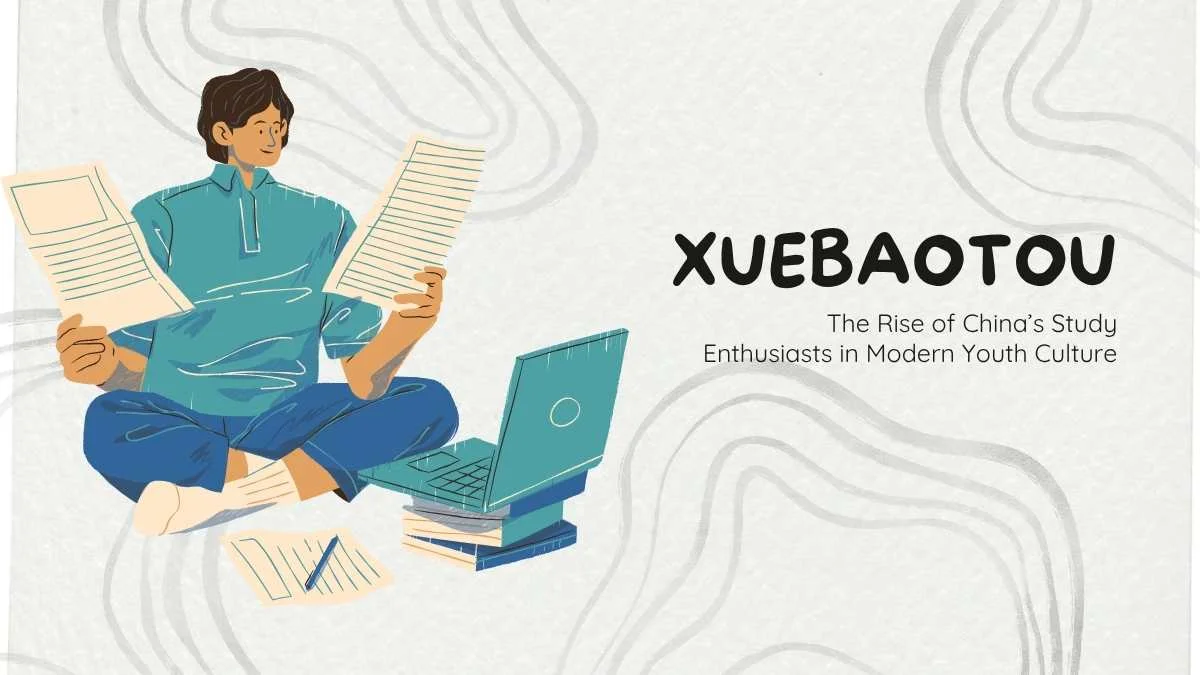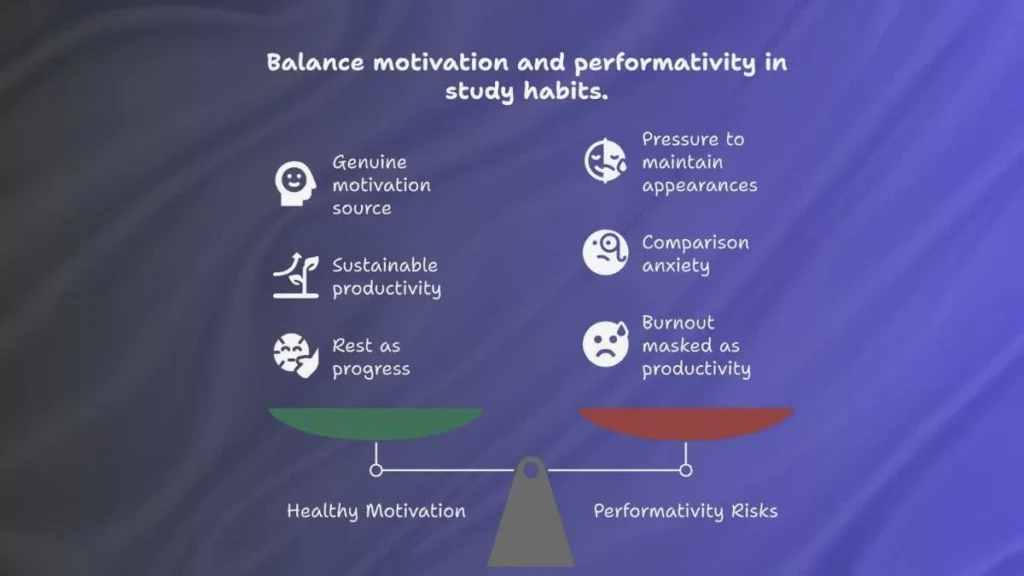EDUCATION
Xuebaotou: The Rise of China’s Study Enthusiasts in Modern Youth Culture

Xuebaotou is a modern youth term that captures the spirit of dedication, discipline, and enthusiasm for learning. It has become a cultural identity among Chinese students who are deeply passionate about self-improvement and academic consistency, regardless of whether they’re top-ranked or not.
This concept has gained significant traction online, especially on platforms like Xiaohongshu and Bilibili. Students proudly document their routines and share motivational content, transforming Xuebaotou into a movement that promotes sincerity, visible effort, and a community-driven approach to studying.
Table of Contents
Origin and Linguistic Makeup
In Chinese slang culture, playful combinations of characters are often used to create new identities. “Xuebaotou” is a great example of this linguistic creativity.
Xué: “To learn” or “study”
Bǎo: “Treasure” or “precious”
Tóu: A colloquial suffix, often referring to a person
Rather than sounding rigid like traditional academic labels, “Xuebaotou” brings a softer, more endearing tone. It stands apart from harsher slang like “Xueba” (study tyrant) or “Xuezha” (study slag), and positions learning as something joyful and personal, not competitive.
Cultural Context: Academic Pressure in China
China’s education system is one of the most competitive in the world. The Gaokao, China’s national college entrance exam is a single, high-stakes test that largely determines university admission and future career prospects. Because of this, many students face:
- Intense pressure from schools and families
- Long study hours with minimal breaks
- Fear of failure in a highly competitive environment

The Rise of the Xuebaotou Identity
This term became popular through online platforms where students began documenting their study habits. Instead of showing off grades, Xuebaotou culture celebrates the daily commitment to learning. It resonates because it rewards effort over mere outcomes, encourages the formation of positive routines, and fosters a genuine sense of community among learners. The shift is subtle but meaningful. Students are now proud to share their study processes, not just their results.
Comparison With Other Academic Slang in China
To understand Xuebaotou’s position in Chinese student culture, let’s compare it with similar terms:
| Term | Meaning | Social Tone | Common Use |
| Xuebashen | Study God | Reverential, aspirational | Used for top scorers or geniuses |
| Xueba | Study Tyrant | Competitive, serious | High achiever, hardworking |
| Xuezha | Study Slag | Joking, self-deprecating | Failing or low-performing students |
| Xuebaotou | Study Treasure Head | Warm, inclusive | Consistent, joyful learner |
Whereas “Xuebashen” and “Xueba” focus on performance, “Xuebaotou” is more about intention and mindset, making it far more accessible.
Key Features that Define a Xuebaotou
1. Consistent Learning Habits
Xuebaotou learners stick to daily routines that support focused, disciplined studying. They value steady progress over last-minute efforts, using structured schedules to stay consistent.
2. Passion-Driven Motivation
They are driven by genuine curiosity rather than grades. Their joy comes from the act of learning itself, not just academic results.
3. Positive Digital Footprint
By sharing authentic study content online, they build a community rooted in mutual encouragement and transparent academic effort.
4. Balance Between Productivity and Mental Health
Xuebaotou students prioritize wellness alongside discipline, taking breaks and managing stress to avoid burnout and maintain long-term motivation.
Social Media’s Role in Popularizing the Trend
Platforms like Xiaohongshu, Bilibili, and Weibo have transformed the Xuebaotou mindset into a visually appealing and relatable aesthetic. Students now share “study with me” videos showing real-time sessions, post photo diaries capturing their routines, and document their stationery collections and desk setups. What sets this trend apart from traditional academic boasting is its tone, humble, motivational, and rooted in authenticity. Instead of flaunting achievements, these posts celebrate the learning process itself, helping foster a supportive and inspiring online community.
The Psychological Duality: Encouragement or Pressure?
While the Xuebaotou identity is rooted in healthy motivation, it does carry risks when performativity creeps in. Constantly broadcasting study routines can lead to:
- Pressure to maintain appearances
- Comparison anxiety
- Burnout masked as productivity
To preserve the value of the trend, users are encouraged to:
- Take breaks without guilt
- Study offline without sharing every moment
- Accept that rest is part of progress
The goal is sustainability, not obsession.

Commercialization of the Xuebaotou Persona
As the Xuebaotou trend gained momentum, brands swiftly tapped into the movement by promoting products that reflect the lifestyle it represents. From time-blocking journals and pastel-toned planners to sleek study lamps with adjustable lighting and productivity-focused apps like Forest and customized Notion templates, these items are no longer just tools. They have become identity markers. Companies market them as essentials for those who take pride in their learning journey, blending utility with a strong sense of personal branding tailored to Gen Z and younger millennials.
FAQs
Q1: Is being a Xuebaotou the same as being top of the class?
Not necessarily. Xuebaotou focuses more on consistency and sincerity than grades.
Q2: Can adults or professionals be Xuebaotou?
Yes. Anyone passionate about learning, regardless of age, can adopt the mindset.
Q3: Is this just another internet trend?
It started online, but its values make it more enduring than typical trends.
Final Words
In a world increasingly defined by hustle and performance, Xuebaotou offers a counter-narrative rooted in consistency, joy, and personal growth. It’s not about being the best; it’s about loving the process.
Whether through a 15-minute study session, a new planner, or a quiet commitment to show up each day, the identity reminds us that learning doesn’t need to be loud to be meaningful.
-

 FRIENDSHIP MESSAGES4 months ago
FRIENDSHIP MESSAGES4 months ago100+ Heart Touching Sorry Messages for Friends
-

 ANNIVERSARY WISHES8 months ago
ANNIVERSARY WISHES8 months ago100+ Beautiful Engagement Anniversary Wishes Messages and Quotes
-

 BIRTHDAY WISHES7 months ago
BIRTHDAY WISHES7 months ago300+ Happy Birthday Wishes for Brother | Heart Touching Happy Birthday Brother
-

 BIRTHDAY WISHES8 months ago
BIRTHDAY WISHES8 months ago200+ Unique Birthday Wishes for Your Best Friend to Impress on Their Big Day




















